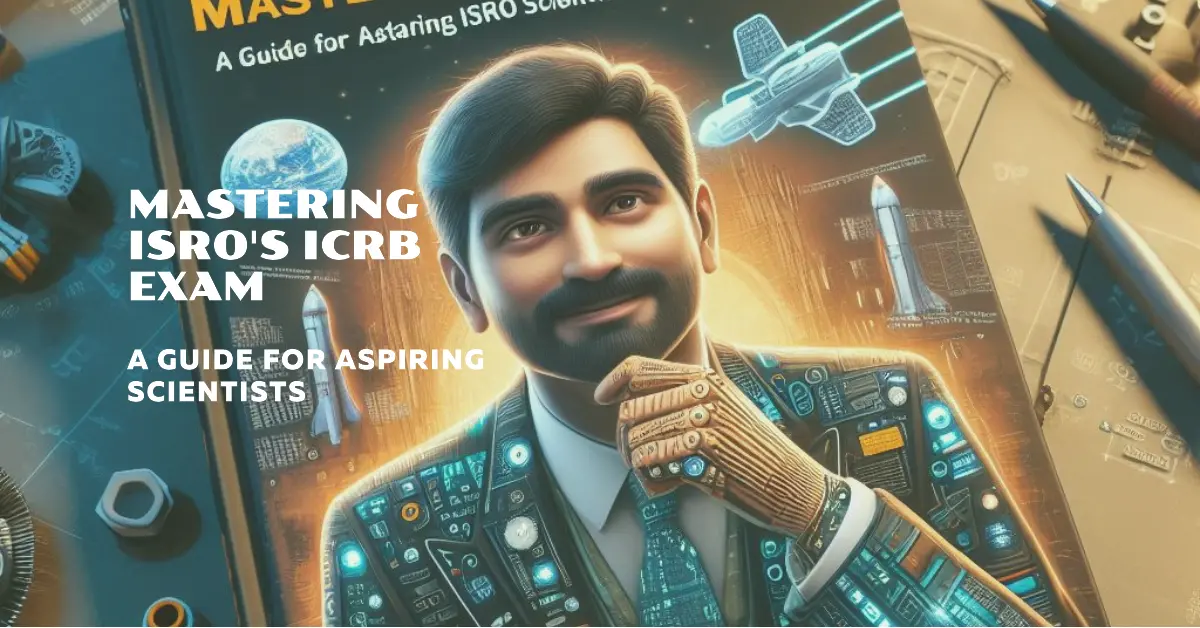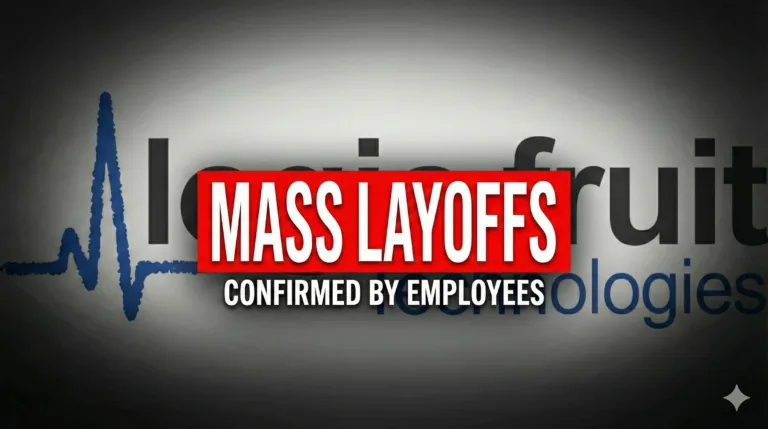The Indian Space Research Organisation (ISRO) conducts the ISRO Centralized Recruitment Board (ICRB) exam to select highly qualified scientists and engineers for various positions. To succeed in this competitive exam, a thorough understanding of the exam format and syllabus is crucial.
Here’s a concise overview:
- Two-stage selection process: The exam comprises one written examination followed by an interview.
- Focus on specific expertise: The written exam content aligns with the requirements of the applied position, assessing your technical knowledge and relevant skills.
Detailed procedure is descried below.
The ICRB exam is conducted annually and consists of two stages: a written exam and an interview. The written exam is divided into two parts: Part A and Part B. Part A comprises multiple-choice questions (MCQs) on technical knowledge, general awareness, and reasoning ability. On the other hand, Part B is a descriptive paper where candidates are required to write short essays on topics related to their field of expertise. Candidates who clear the written exam are then shortlisted for the interview round. The interview assesses the candidate’s technical knowledge, communication skills, and suitability for the applied position.
The syllabus for the ICRB exam may vary depending on the position applied for, but generally includes topics such as engineering mathematics, computer science, electronics, and mechanical engineering. Candidates are advised to refer to the official ISRO website for a detailed syllabus and exam pattern. To be eligible for the ICRB exam, candidates must meet certain educational qualifications as specified by ISRO. For the post of Scientist/Engineer ‘SC‘, candidates must have a Bachelor’s degree in Engineering or Technology in the relevant discipline from a recognized university or institution. The disciplines may vary based on the position applied for, including electronics, mechanical, computer science, and civil engineering, among others. Candidates applying for the post of Scientist/Engineer ‘SD’ must have a Master’s degree in the relevant discipline or an integrated Master’s degree (5 years) in engineering or technology.
Additionally, they should have secured a minimum of 60% marks or CGPA/CPI grading of 6.5 on a scale of 10 in the qualifying degree. Age criteria also need to be fulfilled, with the age limit varying based on the position applied for and relaxed for candidates belonging to reserved categories as per government norms. It is crucial for candidates to carefully read the eligibility criteria specified in the official notification released by ISRO for each recruitment cycle.
Preparing for the ICRB exam requires a strategic approach. Here are some tips to help candidates prepare effectively:
1. Understand the exam pattern and syllabus: Familiarize yourself with the exam pattern and syllabus to plan your preparation accordingly.
2. Create a study schedule: Develop a study schedule that allows you to cover all the topics in the syllabus while allocating time for revision and practice tests.
3. Focus on core concepts: Concentrate on understanding the core concepts instead of memorization, as this will help tackle any type of question in the exam.
4. Practice previous year’s question papers: Solve previous year’s question papers to become familiar with the exam pattern and improve time management skills.
5. Stay updated with current affairs: Keep yourself updated with the latest developments in the field of science and technology, as questions related to current affairs are often asked in the exam.
6. Take mock tests: Regularly take mock tests to assess your preparation level and identify areas for improvement.
7. Stay calm and focused: Maintain a positive attitude, avoid distractions, and remain committed to your preparation.
Discover more from WireUnwired Research
Subscribe to get the latest posts sent to your email.




